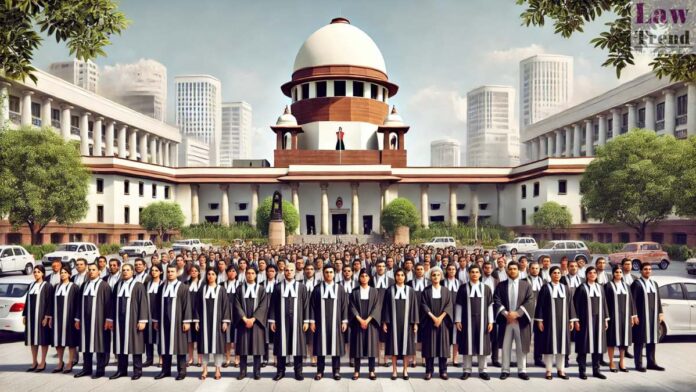The Supreme Court of India, in a judgment delivered on October 31, 2025, has explained that full-time salaried “In-house counsel” of a corporate entity are not “Advocates” for the purpose of claiming advocate-client privilege under Section 132 of the Bhartiya Sakshya Adhiniyam, 2023 (BSA). A three-judge bench comprising Chief Justice B. R. Gavai, Justice K.
To Read More Please Subscribe to VIP Membership for Unlimited Access to All the Articles, Download Available Copies of Judgments/Order, Acess to Central/State Bare Acts, Advertisement Free Content, Access to More than 4000 Legal Drafts( Readymade Editable Formats of Suits, Petitions, Writs, Legal Notices, Divorce Petitions, 138 Notices, Bail Applications etc.) in Hindi and English.




